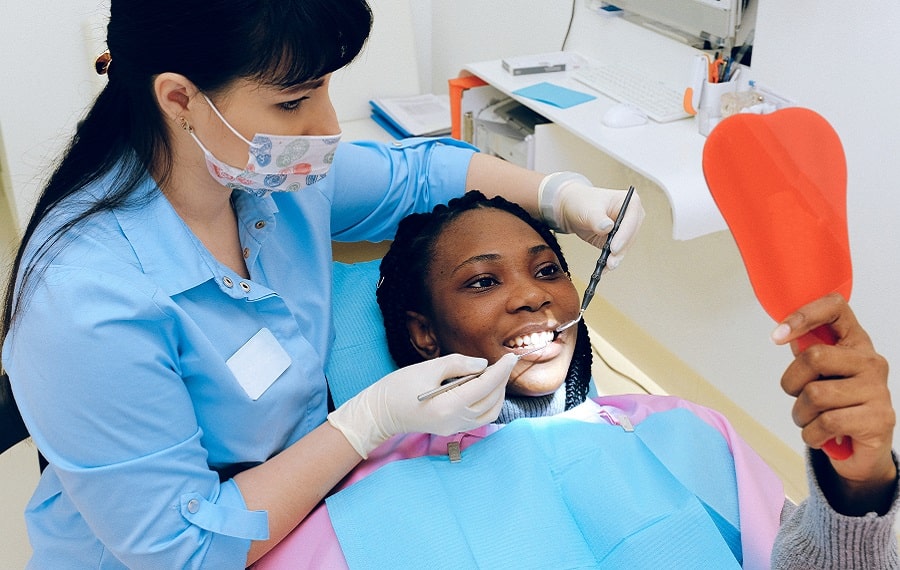Advances in digital technology have greatly transformed our everyday lives bringing everything within the reach of our fingertips. Healthcare industry has also seen sweeping changes such as digitization of health records, virtual patient visits, high resolution digital imaging, etc. Dentistry is no exception with notable influences of the digital revolution seen in the form of CAD/CAM assisted crowns/bridges, digitally-assisted treatment planning for implant surgery/restorations, caries diagnosis tools such as digital radiography, digital imaging of fibre-optic trans-illumination, optical coherence tomography, laser fluorescence, etc. These advances have not only improved the quality of dental care but also increased the efficiency and predictability of procedures. One such technology that will have a huge impact in dental care is artificial intelligence (AI). With a flurry of activity around how AI will change the face of healthcare, dental care would not be left behind.
With the ability to train on past data, the state-of-the-art AI technology will open up many new avenues that will enable clinicians to provide better dental care. Dentistry will benefit from a wide range of applications of AI — from optimising patient scheduling and efficient communication with patients to making better and more informed diagnoses.
Application of AI for caries detection with bitewing radiographs
One such application of AI in dental care is detecting caries from bitewing radiographs. Detecting caries can present several challenges. On average, a general dentist would interpret 10–15 sets of bitewing radiographs daily while scanning for caries on more than 300 proximal surfaces. Hence, overlooking a carious lesion is not uncommon due to provider fatigue. Inter-operator variability in correctly diagnosing and treating caries further adds to the problem due to variations in clinical training, errors in perception, and cognitive errors of classifying health and disease.
These challenges can be easily overcome by utilizing AI to highlight potential problem areas on radiographs thereby reducing missed caries as well as building consistency among practitioners. AI-based software developed by Dentistry.AI highlights potential carious lesions on bitewing radiographs thereby assisting dentists in caries diagnosis. Additionally, it can be used as a patient education tool thereby increasing disease awareness and treatment acceptance.
Other applications of AI in dentistry
Smart scheduling: AI can be used to schedule patient appointments in order to optimize provider utilization and maximizing productivity. This will also reduce the burden on scheduling personnel and potentially eliminate the need for lengthy training sessions for new hires.
Smart patient communication: Post-operative queries from patients could effectively be answered using AI or directed to the dentist if a situation so demands. This will reduce the time spent by scheduling and clinical staff on handling prescription refill requests or answering simple queries such as post-op care instructions, what to expect after procedures, how to recognize emergencies, etc.
Future of Dentistry
We are just scratching the surface with these applications. There are many more applications of AI that will transform the way the dental care is provided to patients today. All such applications will slowly, but permanently, get integrated in the routine workflow maximizing efficiency and accuracy. This will translate to shorter treatment time, fewer patient visits, reduced over-treatment and lower failure rates thus leading to decreased overall costs and increased accessibility of dental services.
We are very excited to play our part in taking dentistry to the next level by leveraging the power of AI. Stay tuned for many such interesting applications from our side. We hope you liked the article. If you are a dentist, you can Sign Up as a Clinical Investigator to test Dentistry.AI at your clinic.

